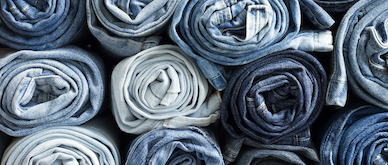South Yorkshire-based Xeros Technology Group, which has created new ways of manufacturing and washing clothes that save water and reduce microplastics, said events out of its control in India and France will delay some revenues, causing it to cut its outlook for this financial year and next.
Its shares fell 35% on the London Stock Exchange.
The company said an Indian licensee of its technology, IFB Industries Limited, which is conducting trials on a 9kg washing machine, has initiated a change to the specification of the machine, delaying the mass market launch to 2025, while upcoming legislation in France for microfibre filtration in washing machines remains unclear, reducing the expected short-term effect on demand for the company’s technology.
“The impact of these delays is to reduce the Group’s revenue expectations for FY24 and FY25 to £0.5m and £3.8m respectively, and adjusted EBITDA loss to £4.2m for FY24 and £1.0m for FY25,” the company said.
Xeros’ business model is to generate revenue primarily from licensing its technologies which help garment manufacturers, industrial laundries, domestic washing machine manufacturers and consumers reduce their environmental impact while improving efficiency.
Separately on Thursday, it said it signed a contract with Donlim Group, owner of the Morphy Richards brand, to manufacture its XF3 External Filter under licence. It has also entered a strategic partnership agreement with Donlim, combining the expertise of each party to maximise marketing and distribution and, in addition, to work together on further product development.
Donlim will also receive a licence to manufacture and distribute the XF1, which is the internal filter for domestic washing machines. This will take the total number of licensees for XF1 to four. The XF1 currently has three licences with European manufacturers.
Donlim, the is a world-leading manufacturer of electrical appliances, employing over 26,000 people and generating revenues in excess of US$2bn from three manufacturing sites across China and Indonesia.
